Potatoes have fed entire nations, led them from famine to riches, and given rise to empires throughout the world. But the good they've done doesn't mean they come without any drawbacks, as modern science now allows us to see.
The major problem is not even their high-carb content, but the high availability of all the carbs, due to how they're cooked. Fortunately, modern foodways have given way to several low-carb potato substitutes, many of which can be used as direct swaps.
Some of these include cauliflower, turnips, jicama, and rutabagas, all vegetables which have quite a similar texture and taste to potatoes, but many fewer carbs. Below I discuss more of the best low-carb potato substitutes, not only low in carbohydrates, but also packed with nutrients and flavor.

Jump to:
🤔 Are Potatoes Low Carb?
They're actually one of the highest-carbohydrate vegetables, containing about 20-30 grams of carbs per medium-sized potato. Most of these carbs come from starch, which makes potatoes unsuitable for a low-carb diet.
This means that no, potatoes are not low-carb.
🍽️ Can You Eat Potatoes on a Low-Carb Diet?
They're certainly a highly debated topic when it comes to low-carb diets. While they can prove to be nutritious vegetables, they are also high in carbohydrates, specifically starch.
As mentioned, a medium-sized spud could have anything from 20-30 grams, which can quickly add up if you're trying to limit your carb intake. So, those on a strict low-carb diet, like keto or Atkins, may want to take a pass or heavily limit their consumption.
The upside is that if you're not following a strict low-carb diet, you can use small amounts of them in your food. It's all about moderation and finding that balance between your needs and desires and your own long-term goals.
There are also ways to prepare potatoes that can help lower their carb content, such as boiling them instead of frying, or baking them with low-carb toppings like cheese or sour cream and enjoying smaller amounts at a time, such as my cheesy potsto blossoms.
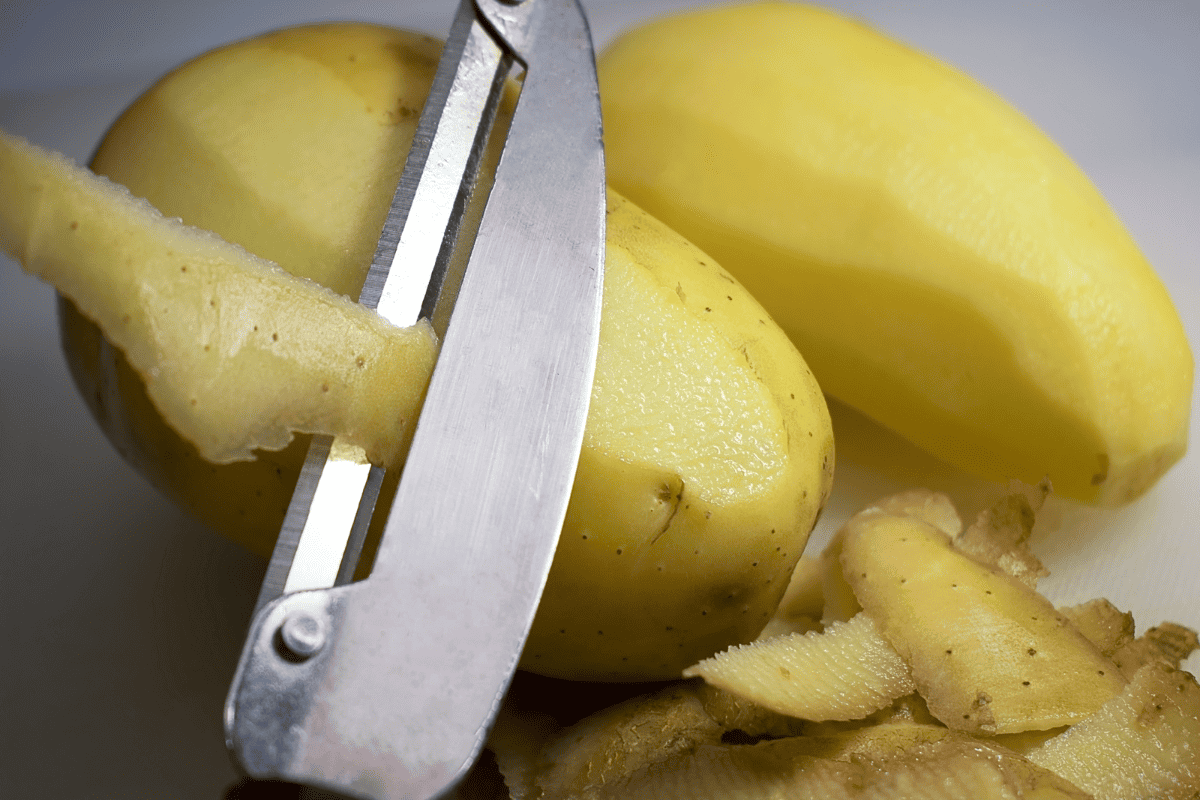
✨ Best Low-Carb Potato Substitutes
Turnips
Starting off with a potato substitute we frequently use in our home are turnips. They are a great low-carb substitute for potatoes, as they have a similar texture and flavor, but with many fewer carbs and calories.
Simply peel and chop them into the desired shape and size, and use them in various dishes such as turnip fries, mashed turnips, soups, stews, and casseroles.
Daikon Radish
Daikon radish is a highly versatile root vegetable commonly used in Asian cuisine. With a mild flavor and crisp texture, it's best used pickled, boiled, roasted, or stir-fried. and pairs perfectly in soups and stews.
This radish is also a good source of fiber, vitamin C, and other nutrients and has potential medicinal properties according to Korean and Chinese medicine.
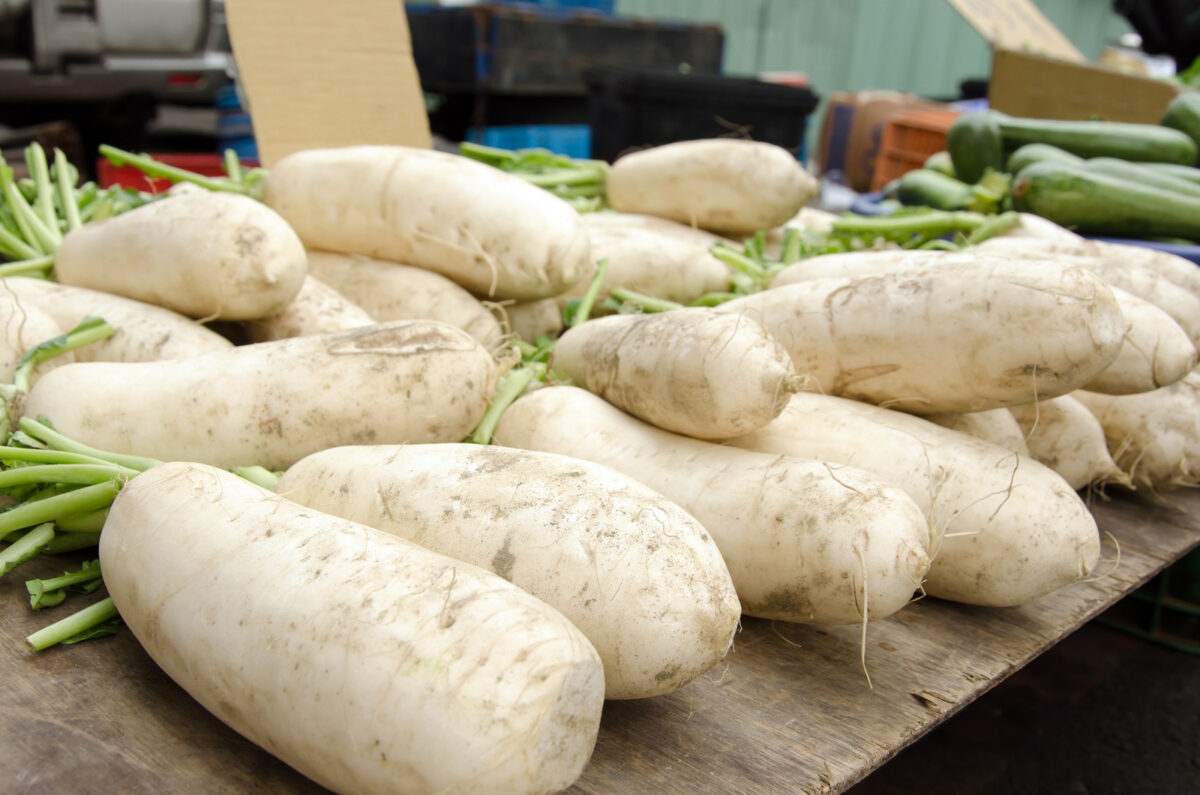
Red Radishes
Red radish is another versatile and healthy low-carb substitute for potatoes, as it has a similar texture and flavor. Much like daiok, red radish can also be chopped into the desired shape and size for fries, mashed red radish, and salads.
This type of radish also adds a nice crunch and flavorful element to any dish, making it a tasty ingredient to incorporate into your diet.
Celeriac (Celery Root)
Celeriac, also known as celery root, is a popular root vegetable with a mild, slightly sweet flavor and a hint of - you guessed it - celery. It can be used in lots of dishes such as roasted celeriac, celeriac gratin, celeriac fritters, and mashed celeriac.
Its creamy texture and rich, earthy flavor make it a great addition to these dishes, but this root is also a good source of antioxidants and anti-inflammatory compounds, which can help reduce the risk of chronic diseases such as heart disease and cancer.
Rutabaga (Swede)
Rutabaga, also known as swede, is another type of root vegetable often overlooked in the culinary world. It has a tough, waxy exterior and a yellow-orange flesh that has a slightly sweet, nutty flavor.
It also has a low glycemic index that's perfect for those watching their weight and blood sugar levels.
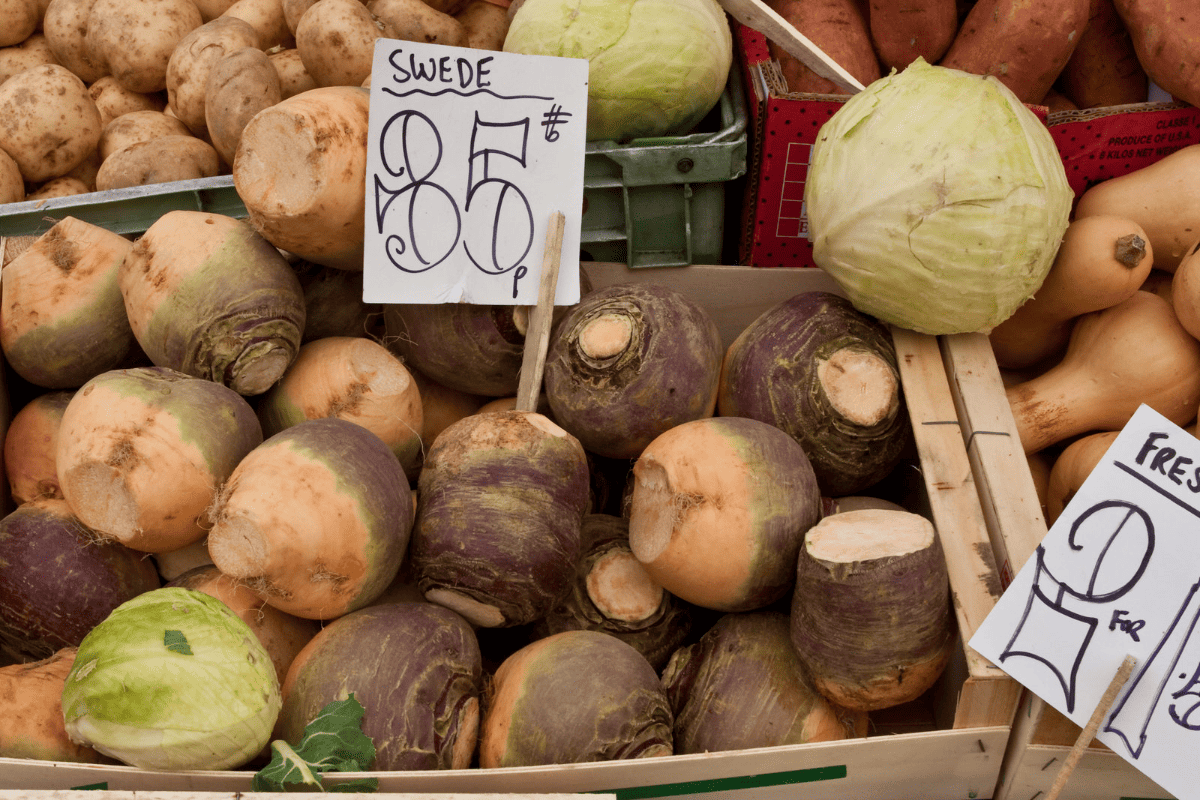
Butternut Squash
This is a delicious winter squash with a sweet, nutty flavor and smooth texture, perfect for turning into squash fries and other crispy dishes. It can make for a delicious roasted butternut squash, butternut squash soup, and butternut squash risotto.
This particular variety of squash is also a great source of antioxidants, which can help to reduce the risk of chronic diseases such as cancer and heart disease.
Cauliflower
Belonging to the cruciferous vegetable family, cauliflower packs a unique texture and appearance that's closely related to broccoli, kale, and cabbage. This family of vegetables is best know for its potent cancer-fighting properties, but it's also good for so much more than that.
It's been cultivated for centuries and is a perfect all-around ingredient that can be cooked via roasting, steaming, boiling, or grilling. Besides that, it's also a popular low-carb substitute for rice, mashed potatoes, and even pizza crust, making it a great swap for potatoes.
Zucchini
This is a quite unique summer squash, a delicious low-carb alternative for potatoes that are rich in antioxidants, which help protect the body against oxidative stress and reduce the risk of chronic diseases.
Zucchini can even be used in place of pasta, spiralled into noodles, grilled, and frittered, or simply sautéed, roasted, or baked, and alternately used as a substitute for pasta or rice in dishes like lasagna and stir-fry.
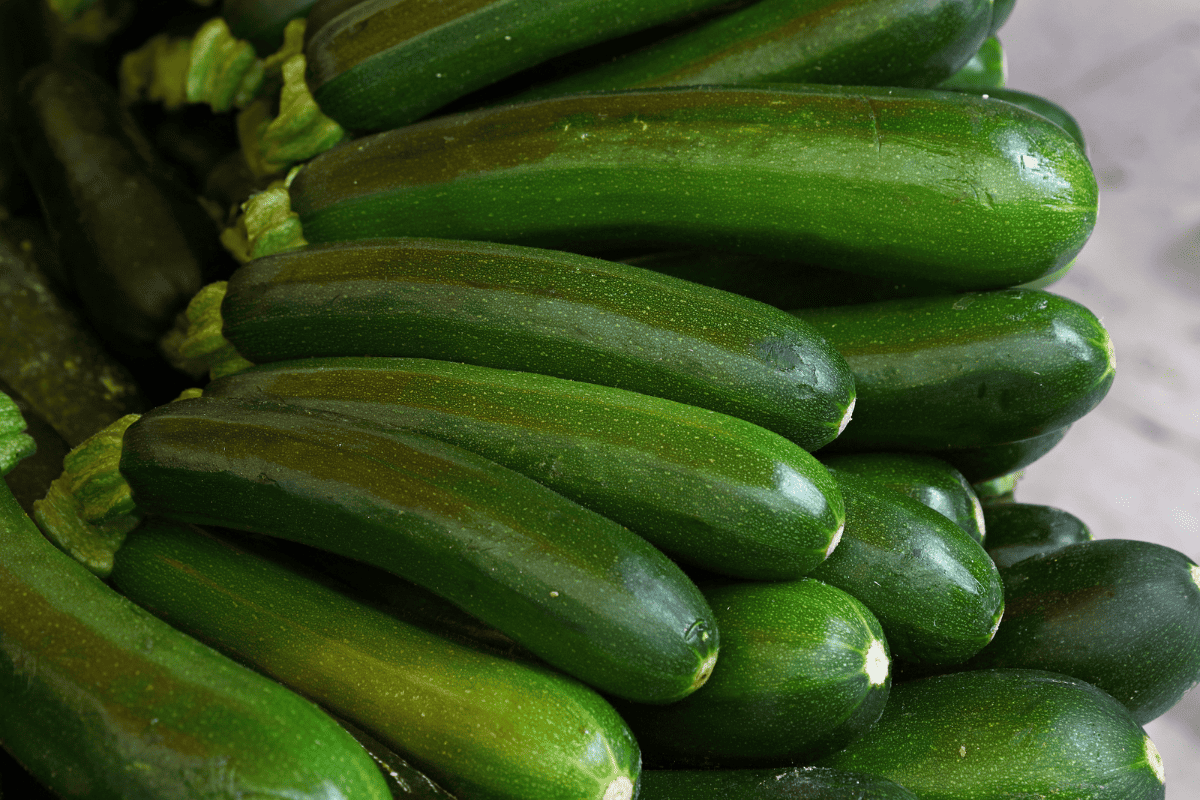
Kohlrabi
Kohlrabi, the German version of the turnip, is a highly nutritious vegetable with a mild, slightly sweet flavor and a tender texture that makes it a great addition to salads, slaws, and stir-fries. It's also low in calories and carbs, a perfect choice for those looking to cut the carbs.
Jicama
This little gem is a Mexican version of the turnip, with a mild, sweet flavor and a crunchy texture. Its natural sweetness pairs well with savory or tangy flavors, but it doesn't stop there.
Its low-calorie and high fiber content makes it just perfect for dishes like slaw, fries, stir-fries, and salads.

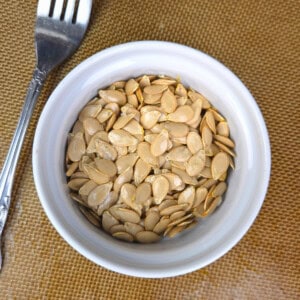
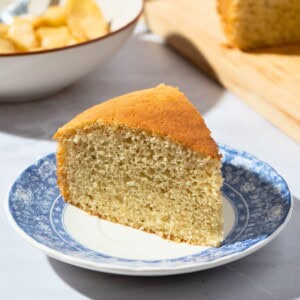
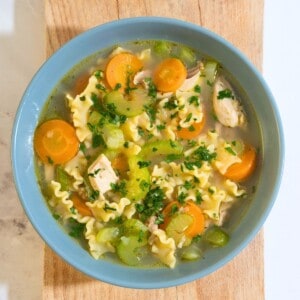
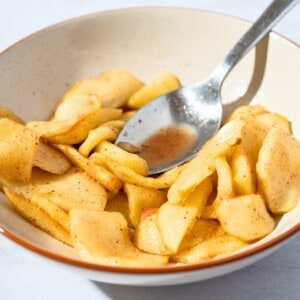
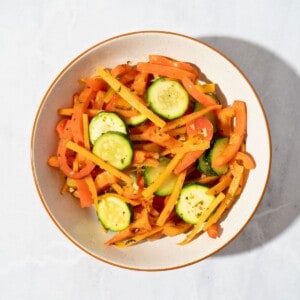


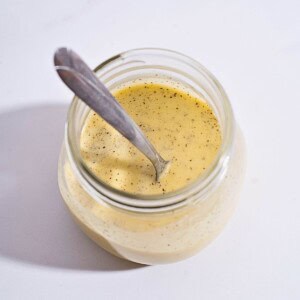
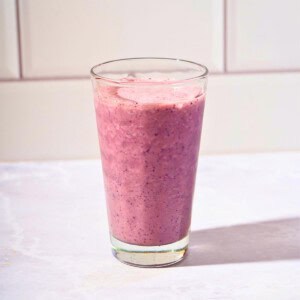

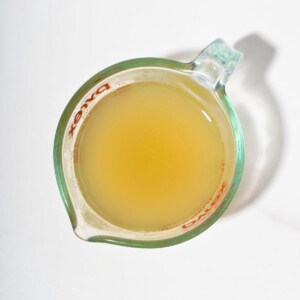

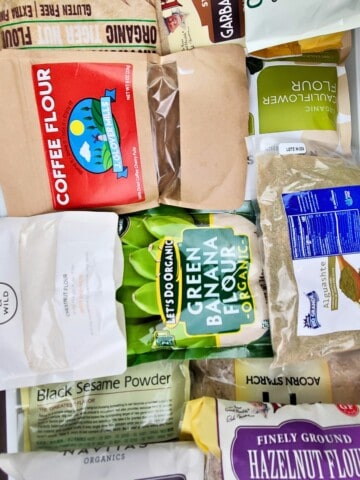
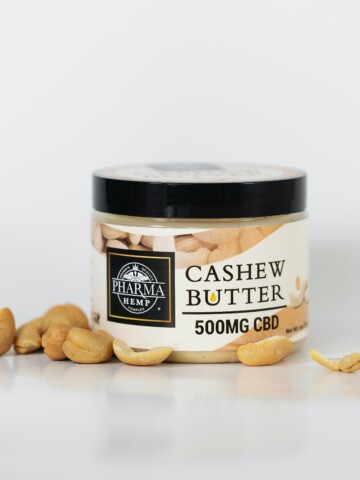
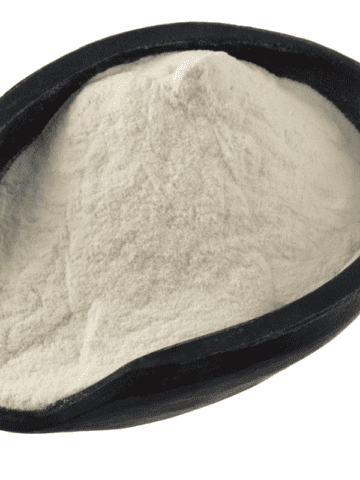
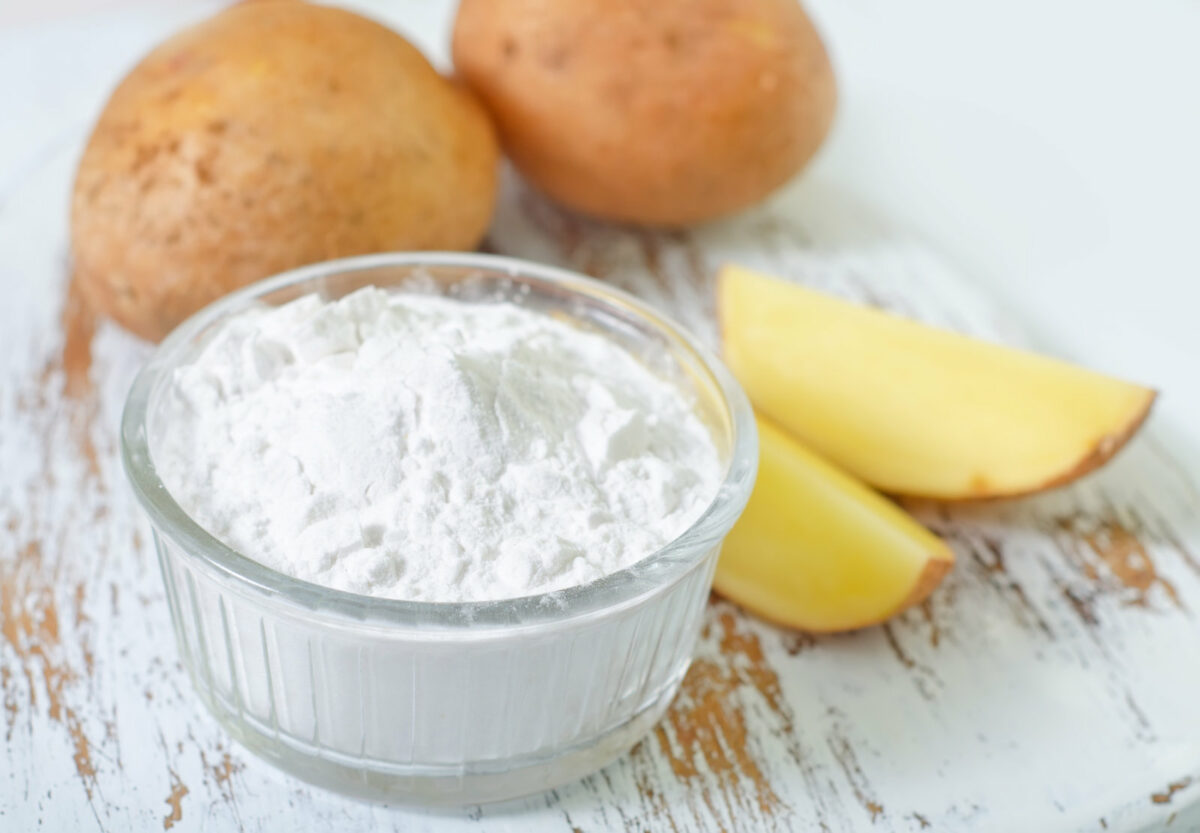
Comments
No Comments